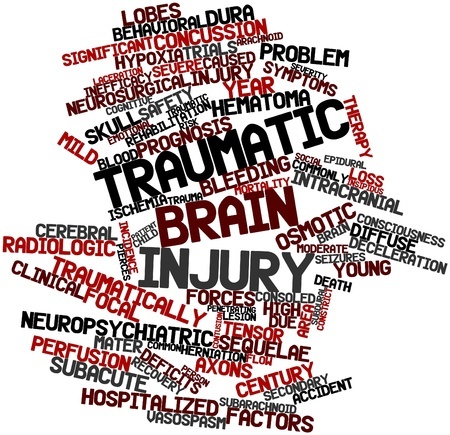Here is the unvarnished truth. Caregiving is hard. If you are the primary caregiver for an aged loved one, your caregiving responsibilities likely impact your physical and emotional health, your career, your personal finances, and your relationships with others.
In Home Care Can Help You Find a Balance in Your Life
[fa icon="calendar'] Apr 5, 2016 4:30:00 PM / by First Choice posted in In-Home Health Care
Providing Care To Your Family Member: A Rewarding and Challenging Task
[fa icon="calendar'] Mar 24, 2016 7:29:16 AM / by First Choice posted in In-Home Health Care, Senior Care, Caregiver
If you are caring for a parent, child, or sibling who is sick or disabled, you are providing caregiving services. There are several forms of caregiving ranging from formal to informal, and many family members do not consider themselves caretakers when they are helping a loved one. The position can be short term or long term, but either way, the demand for care can become overwhelming and stressful for the caregiver.
Finding the Right Home Healthcare for Your Special Needs Child
[fa icon="calendar'] Mar 15, 2016 12:45:09 PM / by First Choice posted in In-Home Health Care, Special Needs
In many cases, a child with special needs requires in-home healthcare. Finding healthcare providers who are professional and experienced is just as important as considering how a caregiver will fit into the family dynamic and provide the best possible situation for your child.
Finding a caregiver to handle the special needs of your child is doable, with some research and help.
Traumatic Brain Injuries
[fa icon="calendar'] Mar 10, 2016 4:30:34 PM / by Laura Salish posted in Traumatic Brain Injuries
WHAT: An overview of information on Traumatic Brain Injuries. TBI is a complex injury and includes a large spectrum of symptoms and disabilities. TBIs can be present from initial onset or delayed. Even a mild TBI, such as a concussion, can become a significant problem if not diagnosed. Multiple undiagnosed, untreated, mild TBI concussions can lead to a moderate to severe TBI over time. TBI presents itself in a variety of ways and generally leads to secondary diagnoses. Those secondary diagnoses are dependent on the area of the brain that the injury occurred in.
Specific symptoms are caused by injuries to distinct areas of the brain. Injury to the frontal lobes will cause loss of higher cognitive functions and can result in secondary diagnoses such as aphasia (inability to speak or recall words) and loss of inhibitions leading to inappropriate social behavior. Injury to the cerebellum can lead to loss of coordination and balance. A brainstem injury can affect the autonomic nervous system’s ability to control things like breathing and heartrate.
HOW: TBIs can happen to anyone, there are no genetic risk factors. They most commonly occur in car accidents, falls and sports injuries. TBIs must be diagnosed by a medical professional, who can utilize a variety of scales (Glasgow, Ranchos Los Amigos, etc.) to determine the severity of the injury. The medical professional will categorize a TBI in three different ways: mild, moderate or severe.
4 Reasons to Get In Home Care for Your Aging Loved One
[fa icon="calendar'] Feb 23, 2016 11:50:58 AM / by First Choice
When you first become a caregiver for your aging loved one, you may start out with the idea that you will be able to do everything necessary to care for the changing needs of your family member. However, as time goes on, there are a variety of circumstances that make it wise to consider formal in-home care support from a trained provider to help alleviate your caregiving responsibilities.
In-home care professionals can help your loved one with meal preparation and ensure proper nutrition through following specific dietary plans.
Here are some common reasons in-home care services are an attractive option:





